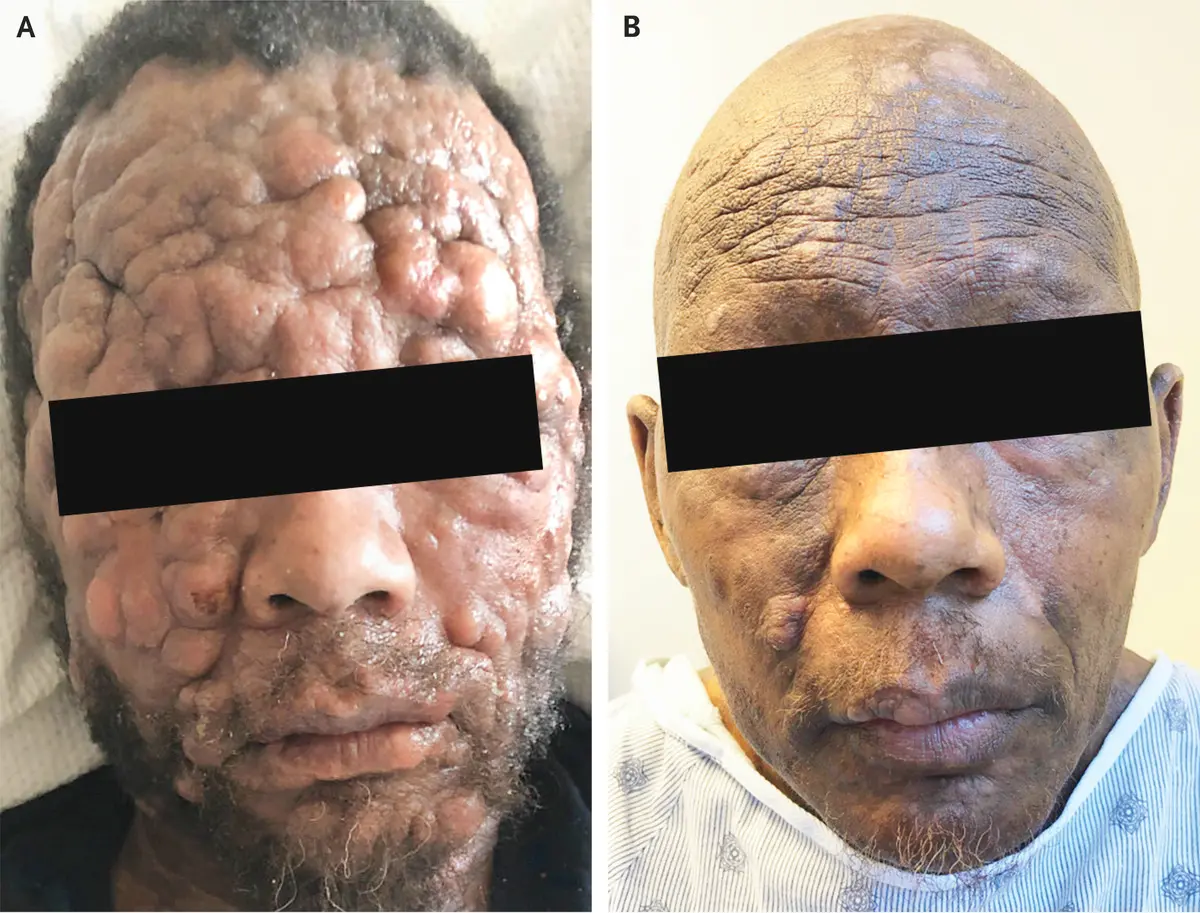- Home
- Medical news & Guidelines
- Anesthesiology
- Cardiology and CTVS
- Critical Care
- Dentistry
- Dermatology
- Diabetes and Endocrinology
- ENT
- Gastroenterology
- Medicine
- Nephrology
- Neurology
- Obstretics-Gynaecology
- Oncology
- Ophthalmology
- Orthopaedics
- Pediatrics-Neonatology
- Psychiatry
- Pulmonology
- Radiology
- Surgery
- Urology
- Laboratory Medicine
- Diet
- Nursing
- Paramedical
- Physiotherapy
- Health news
- Fact Check
- Bone Health Fact Check
- Brain Health Fact Check
- Cancer Related Fact Check
- Child Care Fact Check
- Dental and oral health fact check
- Diabetes and metabolic health fact check
- Diet and Nutrition Fact Check
- Eye and ENT Care Fact Check
- Fitness fact check
- Gut health fact check
- Heart health fact check
- Kidney health fact check
- Medical education fact check
- Men's health fact check
- Respiratory fact check
- Skin and hair care fact check
- Vaccine and Immunization fact check
- Women's health fact check
- AYUSH
- State News
- Andaman and Nicobar Islands
- Andhra Pradesh
- Arunachal Pradesh
- Assam
- Bihar
- Chandigarh
- Chattisgarh
- Dadra and Nagar Haveli
- Daman and Diu
- Delhi
- Goa
- Gujarat
- Haryana
- Himachal Pradesh
- Jammu & Kashmir
- Jharkhand
- Karnataka
- Kerala
- Ladakh
- Lakshadweep
- Madhya Pradesh
- Maharashtra
- Manipur
- Meghalaya
- Mizoram
- Nagaland
- Odisha
- Puducherry
- Punjab
- Rajasthan
- Sikkim
- Tamil Nadu
- Telangana
- Tripura
- Uttar Pradesh
- Uttrakhand
- West Bengal
- Medical Education
- Industry
Case of advanced mycosis fungoides reported in NEJM

Dr Hasina Maredia and Sima Rozati at Johns Hopkins University School of Medicine, Baltimore have reported a rare case of advanced mycosis fungoides. The case has been published in the New England Journal of Medicine.
Cutaneous T-cell lymphoma (CTCL) comprises a clinically/pathologically heterogeneous group of uncommon non-Hodgkin's lymphomas that manifest primarily in the skin. Mycosis fungoides (MF) is the most common CTCL subtype that accounts for around 60% of CTCL (1).
It is a rare form of T-cell lymphoma of the skin (cutaneous); the disease is typically slowly progressive and chronic. In individuals with mycosis fungoides, the skin becomes infiltrated with plaques and nodules that are composed of lymphocytes. In advanced cases, ulcerated tumors and infiltration of lymph nodes by diseased cells may occur. The disorder may spread to other parts of the body including the gastrointestinal system, liver, spleen, or brain.
Cutaneous T-cell lymphoma (CTCL) comprises a clinically/pathologically heterogeneous group of uncommon non-Hodgkin's lymphomas that manifest primarily in the skin. Mycosis fungoides (MF) is the most common CTCL subtype that accounts for around 60% of CTCL.
It is a rare form of T-cell lymphoma of the skin (cutaneous); the disease is typically slowly progressive and chronic.
In individuals with mycosis fungoides, the skin becomes infiltrated with plaques and nodules that are composed of lymphocytes. In advanced cases, ulcerated tumors and infiltration of lymph nodes by diseased cells may occur. The disorder may spread to other parts of the body including the gastrointestinal system, liver, spleen, or brain.
According to history a 53-year-old man with a history of treated stage 1A mycosisk fungoides that had been diagnosed 7 years earlier presented with a 2-month history of new and rapidly progressing lesions on his face and body.
His examination of the head and neck showed multiple coalescing subcutaneous nodular lesions and deep furrowing of skin folds that resulted in the distortion of the patient's facial features.
Also present were numerous hyperpigmented erythematous nodules, as well as crusted hyperkeratotic tumors affecting approximately 85% of the patient's total body surface area. Flow cytometry of the peripheral blood identified a small population of atypical lymphocytes, and positron-emission tomography showed increased fluorodeoxyglucose uptake in the cervical, axillary, and pelvic lymph nodes, as well as in the spleen and liver. A skin biopsy confirmed the diagnosis of mycosis fungoides with CD30-expressing large-cell transformation.
The patient began a regimen of brentuximab, cyclophosphamide, doxorubicin, and prednisone, and notable improvement was seen after two cycles .
For further reference log on to:
Dr Kamal Kant Kohli-MBBS, DTCD- a chest specialist with more than 30 years of practice and a flair for writing clinical articles, Dr Kamal Kant Kohli joined Medical Dialogues as a Chief Editor of Medical News. Besides writing articles, as an editor, he proofreads and verifies all the medical content published on Medical Dialogues including those coming from journals, studies,medical conferences,guidelines etc. Email: drkohli@medicaldialogues.in. Contact no. 011-43720751


